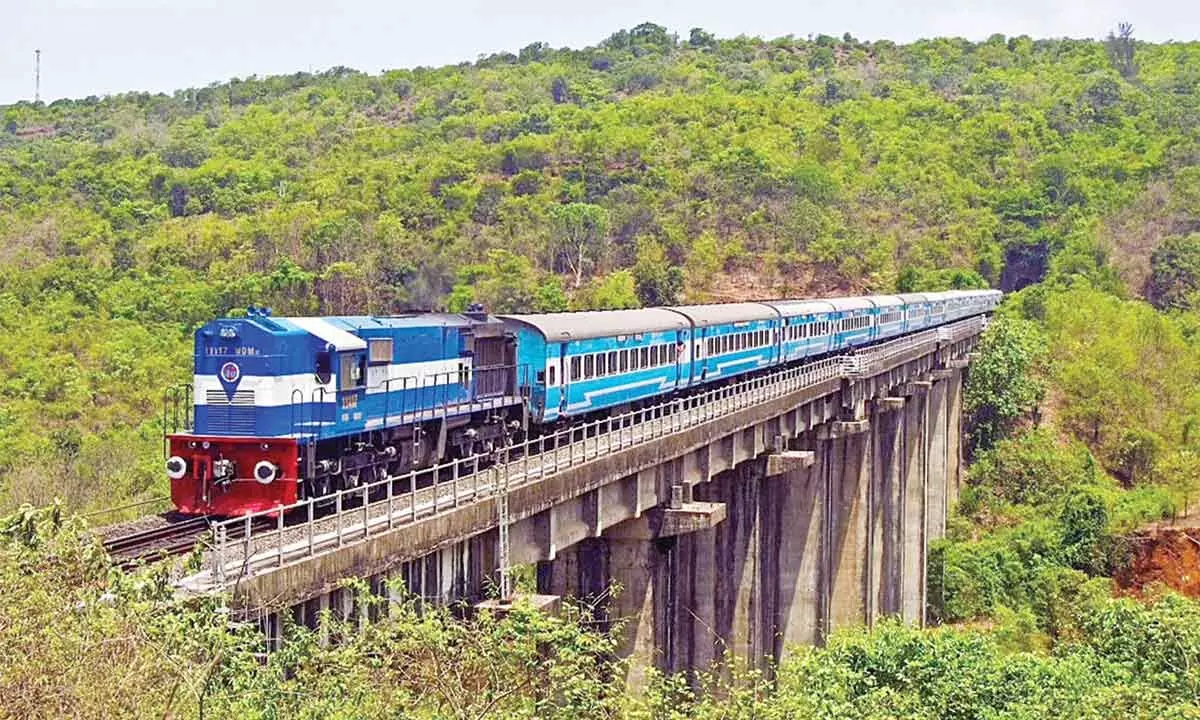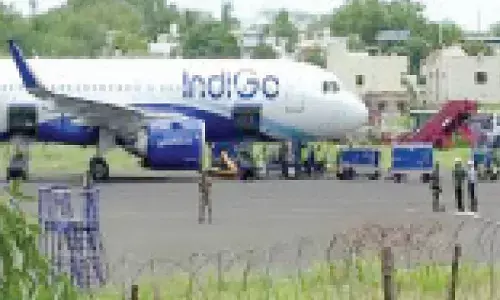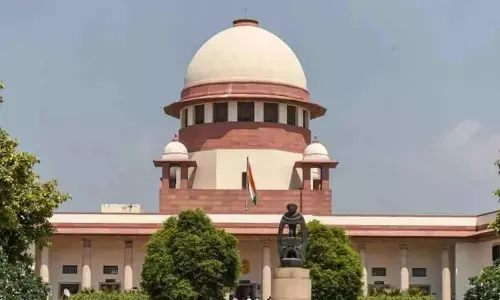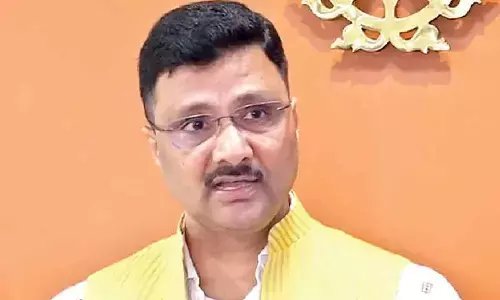A milestone which almost went unnoticed

PM dedicates fully-electrified Konkan Railway to the nation
Bengaluru: One of the 19 projects that were dedicated to the nation by Prime Minister Narendra Modi here on Monday was the full electrification of the 740 kilometres of Konkan Railway running between Thokur in Mangaluru taluk in Dakshina Kannada district to Roha (Maharasthra). This was a milestone achievement of the Ministry of Railways but it went unnoticed in the melee of a platter of dedications made by the Prime Minister on Monday.
The Konkan Railway has been a dream come true for the inhabitants of the Konkan Region on India's West Coast. It connects the residents of this region to Mumbai, the nation's commercial metropolis, enhancing their economic chances.
Konkan Railway was founded in 1990 to build a rail link between Mumbai (Roha) and Mangaluru (Thokur). On May 1, 1998, the then-Hon'ble Prime Minister, Late Shri Atal Bihari Vajpayee, dedicated the Konkan Railway to the country, and the first train on the finished route operated on January 26, 1998.
The achievement is significant considering the 100 per cent electrification of the track which has also achieved net-zero carbon emission which is also Modi's favourite subject. The project cost the Konkan Railway Rs 1267 crores.
The Konkan Railway runs along the Western Coastal Strip through the dense forest cover of the Sahyadri Hills. This area is gifted with a wealth of natural beauty. The electrification of the Konkan Railway route would not only contribute to the preservation of the region's unique natural history, flora, and fauna, but will also aid in its economic development.
Because the alignment runs across geographically difficult terrain, the Konkan Railway route includes a number of big bridges, deep cuts, and long tunnels. The route includes 91 tunnels, and the overall length of the tunnelled segment is 84.496 kilometres (about 11 per cent of the total route length). In seven key long tunnels, a forced ventilation system has been installed.
The absence of motorable approaches at many industrial locations made transporting heavy goods to the job site more difficult. The execution of railway electrification work was a major problem, especially during the monsoon season when flash floods and landslides/soil slips hampered work in the deep and long cuttings. 66 of the 350 cuttings are essential and vulnerable. In contrast to other railways, foundation casting material had to be delivered by train, which necessitated the use of operation blocks. This complicated the work much further.
The electrification of the Konkan Railway was completed in five phases: Thokur-Bijoor, Bijoor-Karwar, Karwar-Thivim, Thivim-Ratnagiri, and Ratnagiri-Roha, with the last segment, Ratnagiri-Thivim, being commissioned on March 28, 2022. All loco pilots have been trained in stages to operate electric traction locos.
Konkan Railway is now completely electrified. This will result in increased operational efficiency and lower transportation unit costs, benefiting both the country and the Corporation. It is worth noting the numerous intrinsic benefits of electric traction, which include significant savings in fuel expenditure (more than $150 million per year), smooth operation of electric traction, a pollution-free mode of transportation, and reduced reliance on HSD oil. Passengers benefit from pollution-free travel, especially when the train travels through tunnels. The electrification of the KRCL route will also boost the section's average speed and throughput, as well as help with line capacity augmentation and usage.









